Expressing agreement with the increase in special consumption tax on alcohol, National Assembly deputies said that there should be a suitable tax increase roadmap to avoid creating a price "shock" for consumers as well as not having a major impact on the production and business activities of enterprises.
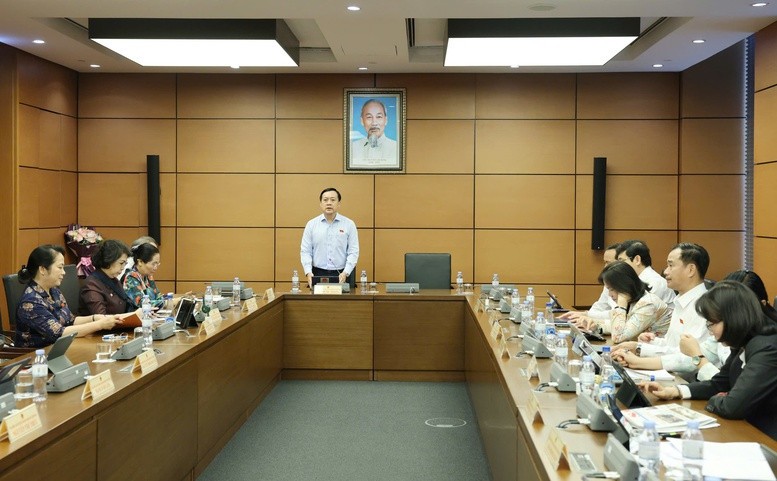
Continuing the 8th Session program, this morning (November 22), the National Assembly discussed in groups the draft Law on Special Consumption Tax (amended).
One of the notable points that National Assembly deputies are interested in in the draft Law on Special Consumption Tax (amended) is the regulation on tax rates in percentages increasing according to the roadmap each year in the period from 2026-2030 to achieve the goal of increasing the selling price of alcohol and beer by at least 10% according to WHO's tax increase recommendation.
Accordingly, for alcohol products with an alcohol content of 20 degrees or more, option 1 is to increase the tax rate from the current level of 65% to 70%, 75%, 80%, 85%, 90% each year in the period from 2026-2030.
Option 2 is to increase the tax rate from the current level of 65% to 80%, 85%, 90%, 95%, 100% each year in the period from 2026-2030.
For alcohol products under 20 degrees, option 1 is to increase the tax rate from the current level of 35% to 40%, 45%, 50%, 55%, 60% each year in the period from 2026-2030.
Option 2 is to increase the tax rate from the current level of 35% to 50%, 55%, 60%, 65%, 70% each year in the period from 2026-2030.
For beer, the plan is to increase the tax rate from the current level of 65% to 70%, 75%, 80%, 85%, 90% each year in the period from 2026-2030.
Proposal to extend the time of applying special consumption tax on beer and alcohol
Discussing in the group, delegate Ta Van Ha ( Quang Nam province) agreed to increase special consumption tax on alcohol, beer and tobacco, however, it is necessary to consider a suitable roadmap, treat businesses fairly, and ensure the harmonious interests of "the state, businesses and people".
"The survey shows that unofficial and smuggled alcohol is the main cause of poisoning cases. Therefore, we need to be fair to domestic enterprises that do business seriously. Therefore, we need to fully and harmoniously evaluate the impact of tax adjustments," said delegate Ta Van Ha.
Delegate Nguyen Hoang Mai ( Tien Giang province) also agreed to impose taxes on beer and alcohol, in order to move towards measures to limit the use of these products. However, this tax should not be implemented immediately but should have a roadmap, from 2027 at the earliest.
According to the delegate, in the context of breweries facing difficulties after the COVID-19 pandemic, consumption has decreased, especially the recent zero alcohol regulation, which has severely affected manufacturers. If this tax is applied immediately, it could lead to more difficulties for businesses, and at the same time affect other sectors because after this industry, there are many related sectors.
Meanwhile, delegate Duong Minh Anh (Hanoi) also agreed to increase tax rates on alcohol and beer to limit alcohol abuse, which is harmful to people's health and social order and safety. This regulation will also reduce the burden of medical costs for people due to the harmful effects of alcohol and beer, and keep people safe when participating in traffic.
"However, in many aspects, when increasing export tax on certain goods, we need to consider a suitable implementation roadmap, in order to create conditions for businesses, markets, and consumers to adapt to tax increases in the coming time," said delegate Duong Minh Anh.
If taxes are increased too quickly and strongly, businesses will not be able to adjust their production capacity appropriately, causing a sudden drop in output, leading to many loss-making investment projects and the inability to recover capital.
The rapid reduction in production negatively impacts workers' jobs, and the surplus labor force from wine and beer factories has not had time to change careers.
Therefore, the delegate suggested that the drafting committee consider extending the imposition of special consumption tax on the alcohol and beer industry and starting to apply it from 2027 onwards.
Delegate Phan Duc Hieu (Thai Binh province) expressed support for option 1, but the tax should only be imposed after 2026. According to the delegate, in the past 3 or 4 years and in the coming years, we will continue to implement fiscal policies to support businesses, while imposing this tax right before 2026 would not be reasonable.
In addition, if applied immediately, businesses, especially beer producers, will not have time to build a suitable roadmap to adapt to the already difficult context. Therefore, it will easily lead to the gradual decline of businesses. Therefore, delegate Phan Duc Hieu supports the view that the application of this tax should be delayed until at least 2027.
Choosing option 2, delegate Tran Quoc Quan (Long An province) cited reports from authorities, Vietnam is one of the countries with a very high alcohol consumption. Alcohol abuse is the cause of human loss, illness, security and order, and traffic safety.
Along with that, the Law on Prevention of Tobacco Harms, the Law on Prevention of Alcohol Harms, and the Law on Road Traffic Order and Safety in recent times have contributed to raising people's awareness.
If these solutions are implemented synchronously, it will contribute to curbing human losses caused by alcohol, ensuring security, order and traffic safety.
"The goal of imposing special consumption tax is to limit users, not to collect taxes from businesses because the tax is levied directly on users, while businesses only indirectly pay into the budget, so I choose option 2," said delegate Tran Quoc Quan.
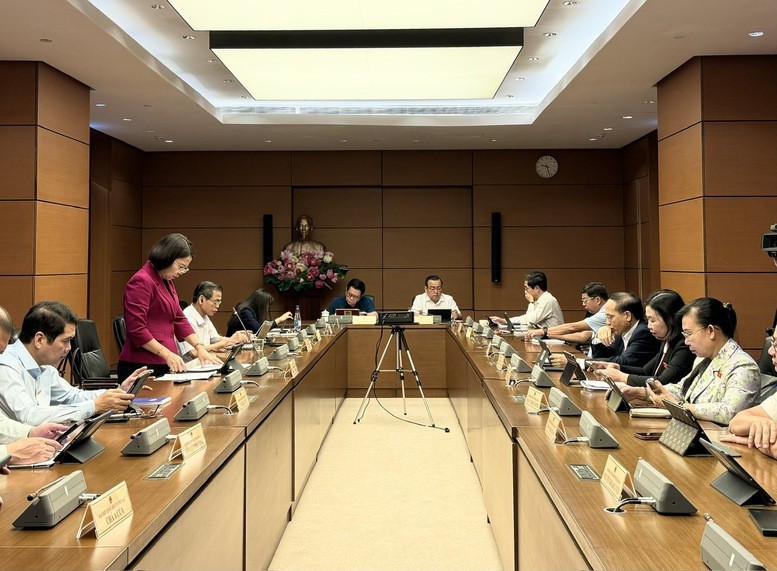
Further study on imposing special consumption tax on sugary drinks
In addition, one of the contents that National Assembly deputies are interested in is the regulation to add soft drinks according to Vietnamese Standards (TCVN) with sugar content over 5g/100ml to the subjects subject to special consumption tax to implement the Party and State's guidelines on protecting people's health, recommendations of the World Health Organization (WHO), the United Nations Children's Fund (UNICEF) and the Ministry of Health.
Speaking at Group 13, regarding the tax on sugary drinks, Minister of Health Dao Hong Lan said that there is now evidence that increasing the amount of sugary drinks will increase the risk of diabetes, cardiovascular disease, osteoporosis, obesity... thereby increasing the risk of other diseases, including cancer.
In Vietnam, the consumption of sugary drinks has quadrupled in the past 15 years: from 18.5L/person in 2009 to 66L/person in 2023, which is a factor contributing to the doubling of obesity rates among adolescents from 8.5% in 2010 to 19% in 2020. These people are at risk of chronic diseases, health disorders due to overweight and obesity, and their later life.
Minister Dao Hong Lan emphasized: "The application of special consumption tax on sugary drinks is consistent with international trends and current reality. At least 104 countries in the world and 6 countries in ASIAN have applied special consumption tax on sugary drinks."
The Ministry of Health agrees with the proposal to impose consumption tax on soft drinks according to TCVN, and for other types of drinks, there will be a roadmap for tax imposition after the stable implementation of sugary soft drinks. However, regarding the tax rate, WHO sent to the Ministry of Health a proposal that the special consumption tax rate be higher than the proposed rate of 10% on the selling price of enterprises.
Proposing to consider this regulation, delegate Le Thi Song An (Long An province) said that there must be a specific assessment and calculation of the percentage of children who use soft drinks and are overweight or obese, whether they are overweight or obese due to the use of soft drinks or due to other factors such as fast food consumption, lifestyle, etc.
Meanwhile, delegate Thai Quynh Mai Dung (Vinh Phuc province) cited international references showing that other countries such as Japan, Singapore or China do not apply this tax policy, but the rate of overweight and obesity is well controlled.
Countries such as India, Mexico, Thailand, and the Philippines have imposed excise taxes on sugary drinks for many years, but rates of overweight and obesity continue to rise, despite a decline in sugary beverage consumption.
Delegate Thai Quynh Mai Dung said that tax tools will not be effective in changing consumer behavior, especially when the majority of consumers of sugary soft drinks are children. Therefore, we should focus on propaganda and education measures in families and schools to change children's awareness and thereby change consumer behavior.
Therefore, delegates suggested that further research is needed on this content in order to propose appropriate measures to control overweight, obesity and other non-communicable diseases.
Source: https://baolangson.vn/can-nhac-lo-trinh-phu-hop-tang-thue-tieu-thu-dac-biet-voi-ruou-bia-5029388.html



































































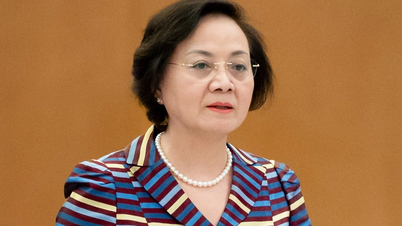

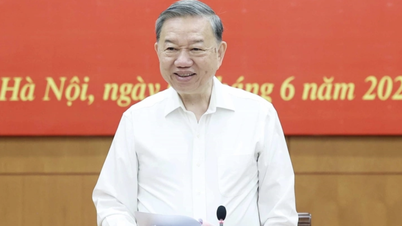

















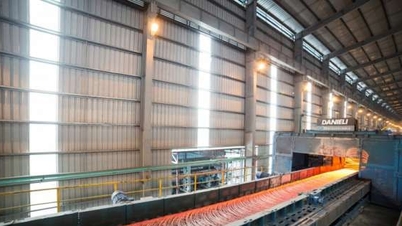



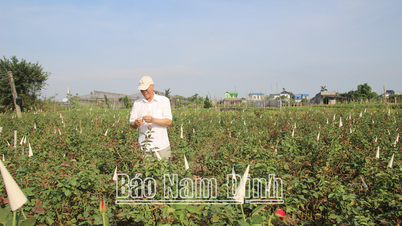










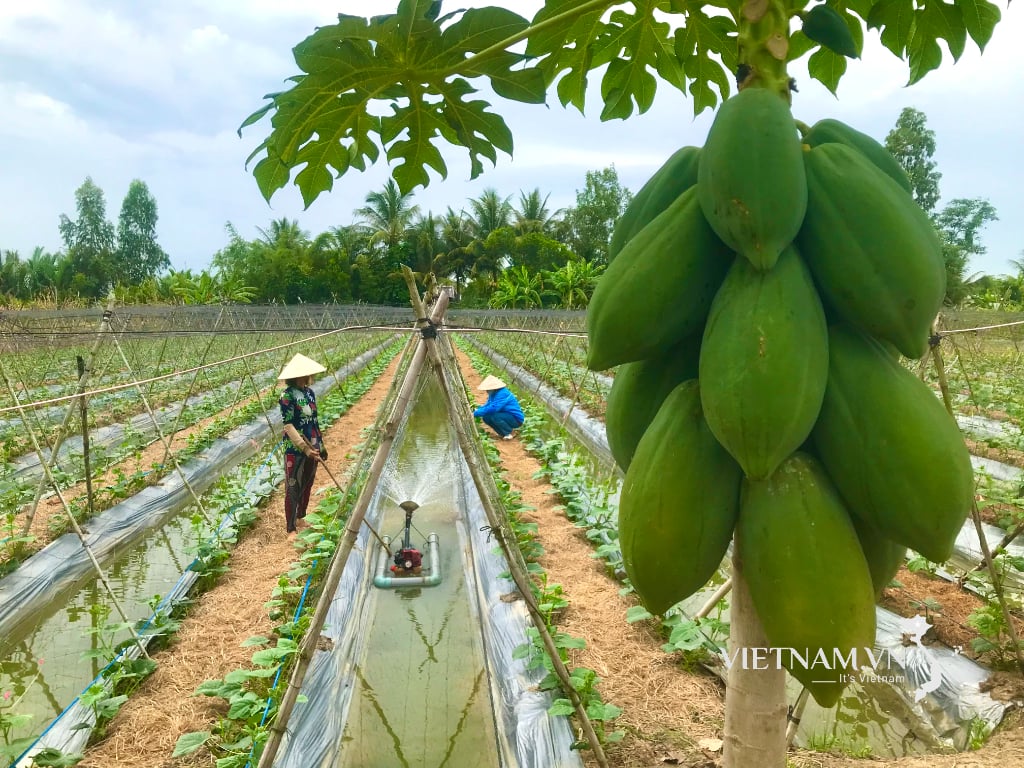

Comment (0)